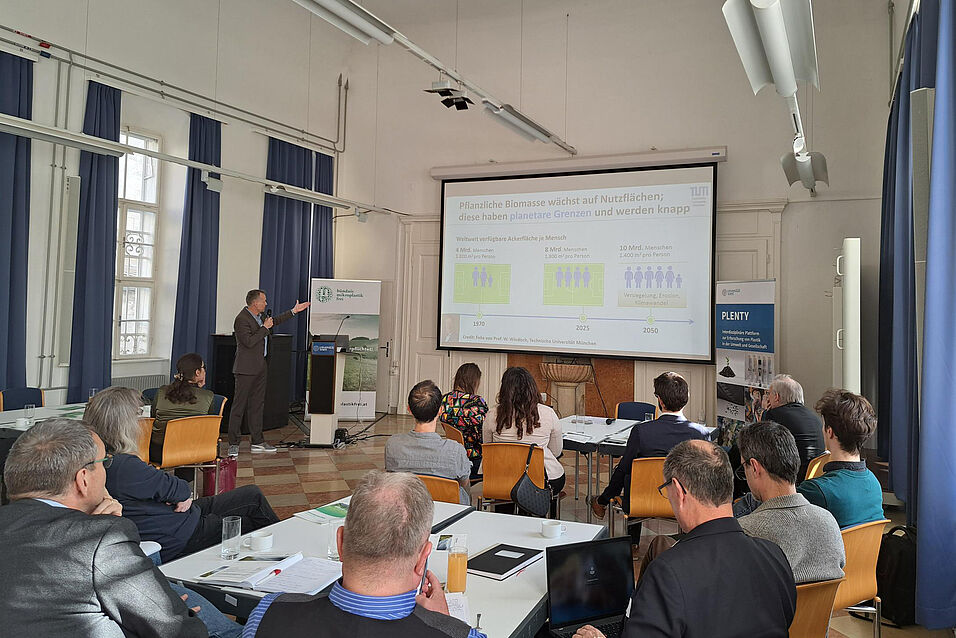Every year, 12.5 million tons of plastic are used in agriculture, a number that continues to rise. A significant portion – between 40 and 50% – is used for mulching films. Agricultural soils are thus an entry point for plastic pollution, with plant cultivation being the dominant source of plastic use, surpassing even fishing nets. The life cycle of agricultural plastics is often less than six months, meaning they quickly contribute to environmental contamination.
Advocating for sustainable plastics in agriculture
Hofmann emphasized key strategies to reduce plastic pollution, including:
- Responsible plastic use, reduction and reuse
- Mandatory collection after use
- Developing fully biodegradable alternatives for plastics that cannot be recovered
- Shifting to renewable energy sources for plastic production
- Innovation in recycling
- Better and green plastic additives
Bündnis Mikroplastikfrei is a collaborative alliance of scientific institutions, companies, interest groups, and local authorities dedicated to reducing environmental microplastics. By bringing together experts from different fields, the alliance works to develop practical solutions for tackling plastic pollution.

